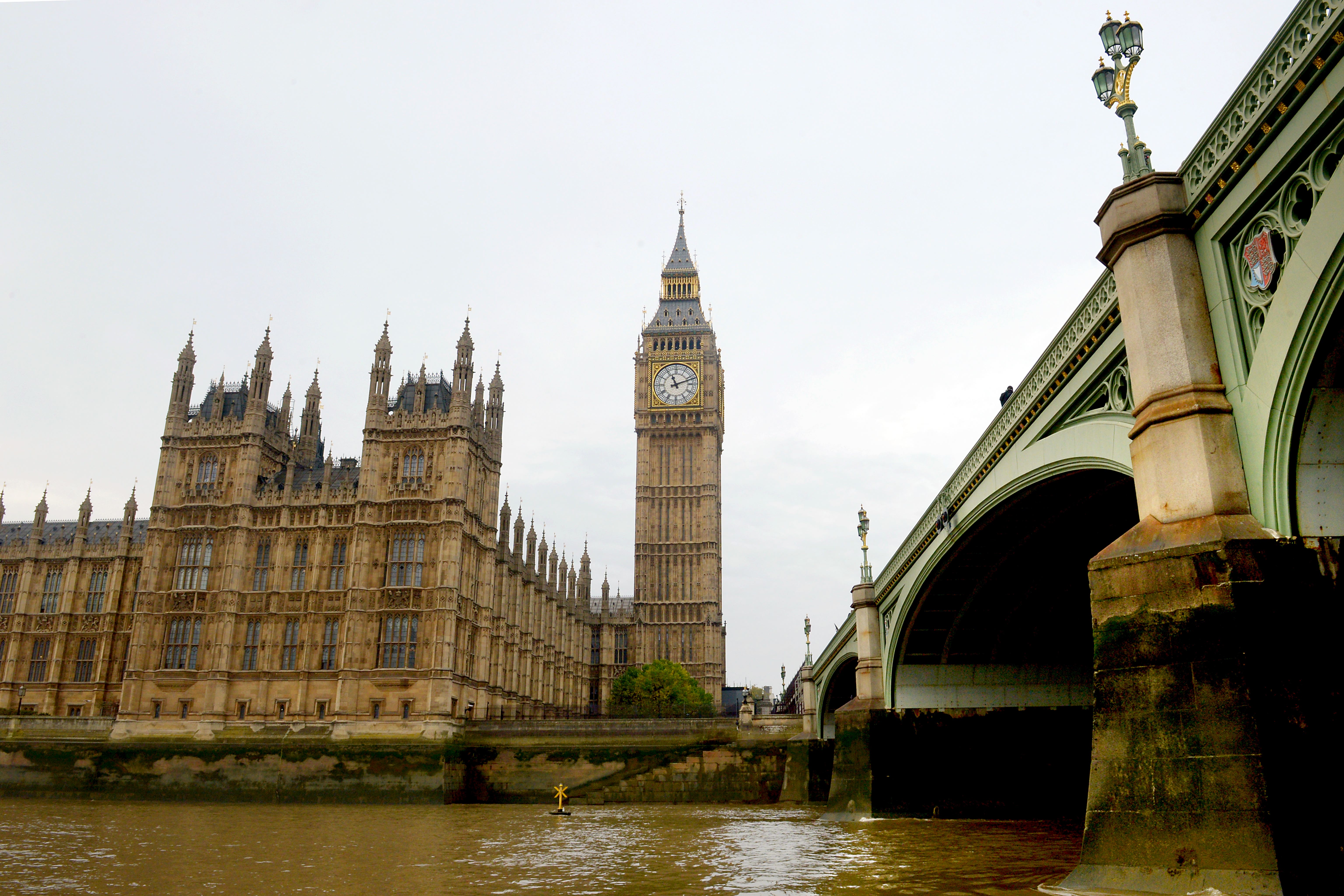MPs have still not learnt the lessons of the expenses scandal
Editorial: The latest revelation by The Independent shows our politicians need to be more vigilant when claiming public money

It has been 14 years since the MPs’ expenses scandal did so much to damage respect for our democratic institutions. It might have been thought that every member of parliament would have understood since then how important it is that they avoid any suggestion of impropriety in seeking to be reimbursed for the costs of carrying out their public duties.
Sadly, this has proved not to be the case. Some of the blame for this state of affairs lies with Boris Johnson, the former prime minister, who adopted a cavalier attitude to the rules, and to the public servants attempting to enforce them. Most of his controversial expenses were borne by rich friends and supporters, but Mr Johnson’s approach to disclosing who had paid for what often consisted of denial and obfuscation.
This risked compromising civil servants, as when the Cabinet Office paid for the new wallpaper for the prime minister’s flat in Downing Street, and had to be refunded by the Conservative Party.
Mr Johnson’s casual attitude to parliamentary standards contributed to his downfall on a related matter when he tried to overturn a finding that Owen Paterson, a Conservative former cabinet minister, had broken the rules on paid lobbying.
It is no wonder, therefore, that the Labour Party was tempted to play politics with the issue – even though all six of the MPs who were jailed after 2009 for fiddling their expenses were Labour.
When an investigation by The Independent two months ago found that the parliamentary standards watchdog had approved MPs’ expenses claims for speeding and parking fines, Labour adopted a high moral tone. Thangam Debbonaire, the shadow leader of the House of Commons, said: “Tory MPs flouting the rules damages public confidence in the system.”
On that occasion Amanda Solloway, a junior minister, and Bim Afolami and Simon Hoare, Tory backbenchers, were found to have claimed penalties on their expenses, as well as Dave Doogan, the Scottish National Party MP for Angus. All of them repaid the claims when The Independent reported them.
Now, however, we report that a Labour frontbencher, Abena Oppong-Asare, claimed a £55 parking ticket on expenses. She too has now repaid it, but Ms Debbonaire seems to have fallen silent on the effect that this breach in the rules has on “public confidence in the system”.
There are several lessons from the latest episode in this long-running morality tale. The one meta-lesson is the need for what Mad-Eye Moody from Harry Potter called “constant vigilance”. Every MP ought to be more careful about what they claim, or what is claimed in their name.
The Independent Parliamentary Standards Authority (Ipsa) ought to scrutinise claims more carefully. Politicians should be more careful about claiming that their party has a good record on propriety or another party a bad one.
Finally, we at The Independent should take pride in our vigilance, which helps to keep the system cleaner than it would otherwise be. Sir Alistair Graham, former chairman of the Committee on Standards in Public Life, said: “We should not have to rely on The Independent to protect the public finances.”
No, we should not. But we should be glad that we have a free and vigorous media in this country, which does help to keep our democracy relatively honest.



Join our commenting forum
Join thought-provoking conversations, follow other Independent readers and see their replies
Comments